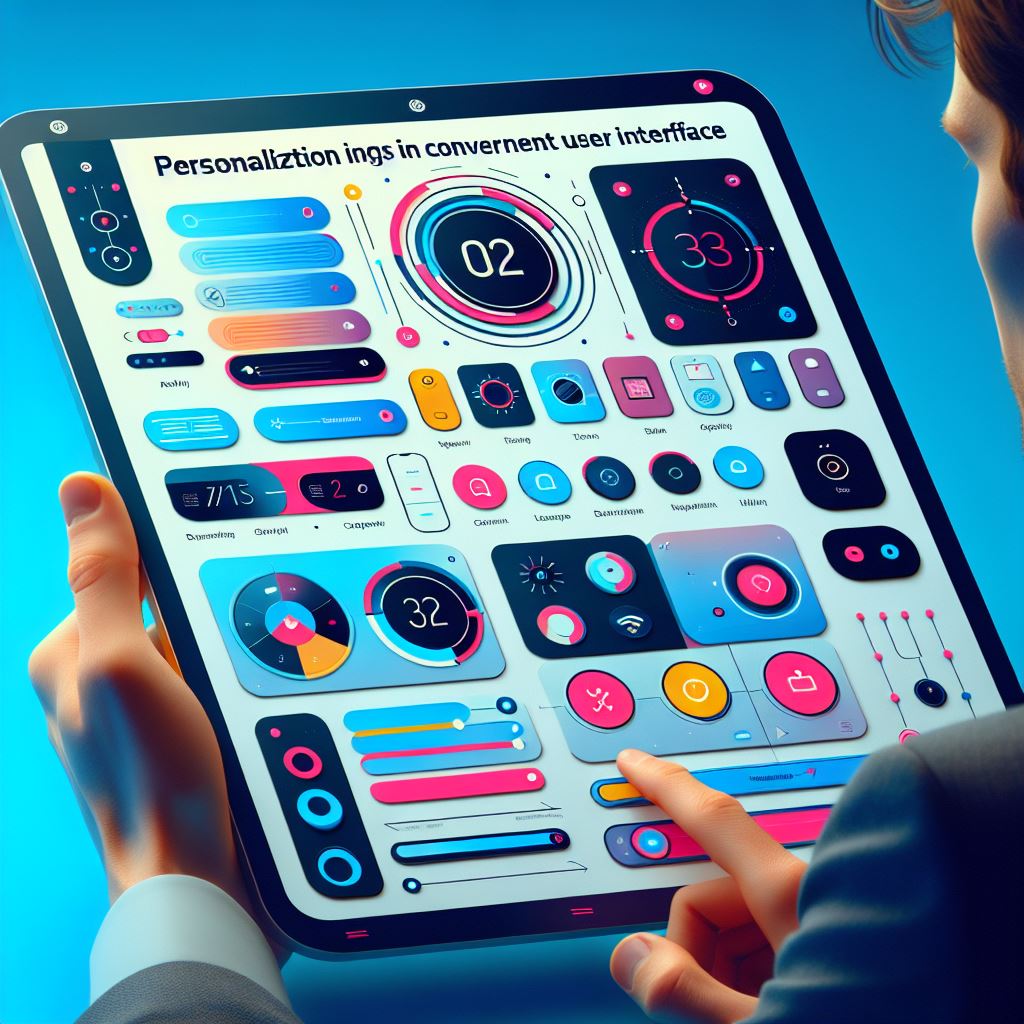In the ever-evolving landscape of enterprise software, a seismic shift is underway. Traditional silos that once separated Marketing, Sales, and Finance departments are blurring, thanks to the growing influence of Artificial Intelligence (AI) across three fundamental types of systems: Systems of Record, Systems of Engagement, and Systems of Decision.
This convergence is paving the way for a new paradigm – Systems of Intelligence. In this blog post, we’ll explore the transformation and the latest software trends that could usher in a platform switch.
The Three Pillars of Enterprise Systems – Systems of Record, Systems of Engagement, and Systems of Decision – are critical components that collectively support the operations and decision-making processes within an organization. Each of these systems plays a distinct role in managing and leveraging data and information. Here’s an overview of each foundation with examples:
The Three Pillars of Enterprise Systems
Systems of Record: These systems are the bedrock of an organization. They are the core repositories of an organization’s data, serving as a single source of truth for structured and transactional data. They are designed to store, manage, and maintain data that is crucial for daily operations and compliance. They have traditionally been occupied by Customer Relationship Management (CRM), Enterprise Resource Planning (ERP), and Marketing Automation platforms. They ensure data accuracy, security, and compliance.
Examples include:
a. Enterprise Resource Planning (ERP) Systems: ERP systems like SAP and Oracle store essential business data, including financial, HR, and supply chain information. These systems ensure that critical data is consistently recorded and available for various business processes.
b. Customer Relationship Management (CRM) Systems: CRM systems like Salesforce and HubSpot store customer information, interactions, and sales data, helping organizations manage and track customer relationships.
c. Human Resources Information Systems (HRIS): HRIS systems such as Workday and ADP store employee data, payroll information, and other HR-related records
Systems of Engagement: Sitting atop Systems of Record, these systems focus on interaction and collaboration. Sales engagement platforms, chatbots, and even spreadsheets fall into this category. They enhance user experiences and facilitate real-time communication.
Examples include:
a. Customer Portals: Many companies offer online customer portals where customers can access their accounts, place orders, and interact with customer support. Amazon’s website, for instance, is a customer engagement system.
b. Collaboration Tools: Tools like Microsoft Teams, Slack, and Zoom enable employees to communicate, collaborate, and share information in real time.
c. Social Media Platforms: Social media networks like Facebook, Twitter, and LinkedIn are used by organizations for marketing, customer service, and brand engagement.
Systems of Decision: Analytics platforms, Business Intelligence (BI) tools, and data warehouses make up Systems of Decision. They extract insights and inform strategic choices by analyzing data stored in Systems of Record.
Examples include:
a. Business Intelligence (BI) Tools: Tools like Tableau, Power BI, and Qlik provide dashboards and data visualization to help organizations analyze their data and make informed decisions.
b. Big Data and Analytics Platforms: Platforms like Hadoop and Apache Spark enable organizations to process and analyze vast amounts of data to gain insights into market trends, customer behavior, and more.
c. Artificial Intelligence and Machine Learning (AI/ML): AI and ML systems are increasingly being used to make data-driven decisions, such as predicting customer preferences, optimizing supply chains, and detecting anomalies in real time.
These Three Pillars of Enterprise Systems work in synergy to ensure the smooth functioning of an organization. Systems of Record provide a solid data foundation, Systems of Engagement enhance communication and collaboration, and Systems of Decision empower data-driven decision-making. Together, they help businesses become more efficient, responsive, and competitive in today’s dynamic and data-centric business environment.
The Rise of AI : Systems of Intelligence
AI is the game-changer in each of these systems. It’s not just about automating repetitive tasks; AI can analyze large datasets, spot trends, and deliver personalized experiences, transforming how businesses operate.
The future lies in Systems of Intelligence, where AI takes center stage. This next-gen paradigm is a convergence of AI across all three systems. But what makes it different?
- Holistic Data Utilization: Companies can break down departmental barriers by aggregating data from CRM, ERP, Marketing Automation, Sales Engagement, and more. This integrated dataset feeds an AI model designed to tackle complex tasks and provide predictions.
- Querying, Predictions, Tasks, and Analytics: Systems of Intelligence aren’t limited to performing simple tasks. They can answer complex queries, make predictions, automate workflows, and provide sophisticated analytics.
- Competitive Differentiation: The layer of Systems of Intelligence becomes the differentiator for businesses. Those with the most accurate and comprehensive AI models will have a competitive edge.
Latest Trends Initiating a Platform Switch
Several trends are shaping this transformation:
- AI-Enhanced CRM Systems: CRM systems are no longer static databases. They now use AI to provide personalized customer experiences, recommend actions, and automate follow-ups. AI-powered CRM is becoming a must-have for businesses.
- AI in Sales Engagement: Sales engagement platforms are leveraging AI to assist sales reps in prioritizing leads, creating tailored content, and even predicting when a customer is ready to buy.
- AI-Powered Financial Analytics: Finance departments are benefiting from AI-driven financial analytics tools that can predict cash flows, detect anomalies, and suggest cost-saving measures.
- AI-Driven Marketing Automation: Marketing automation platforms are evolving to deliver more personalized and effective marketing campaigns. AI can analyze customer behavior to recommend the right content and timing.
The Disruptive Potential
The shift towards Systems of Intelligence and AI-driven software is poised to disrupt traditional software solutions. Companies embracing this transformation are gaining an edge in customer engagement, decision-making, and efficiency. The future of enterprise software is rapidly changing. As AI permeates all aspects of business operations, Systems of Intelligence will become the linchpin, offering a holistic view of data, advanced capabilities, and a competitive advantage. As AI continues to evolve, it will be exciting to see how businesses leverage it to drive innovation and growth in the coming years. The era of Systems of Intelligence is upon us, and it’s time to embrace the future of intelligent enterprise software.











